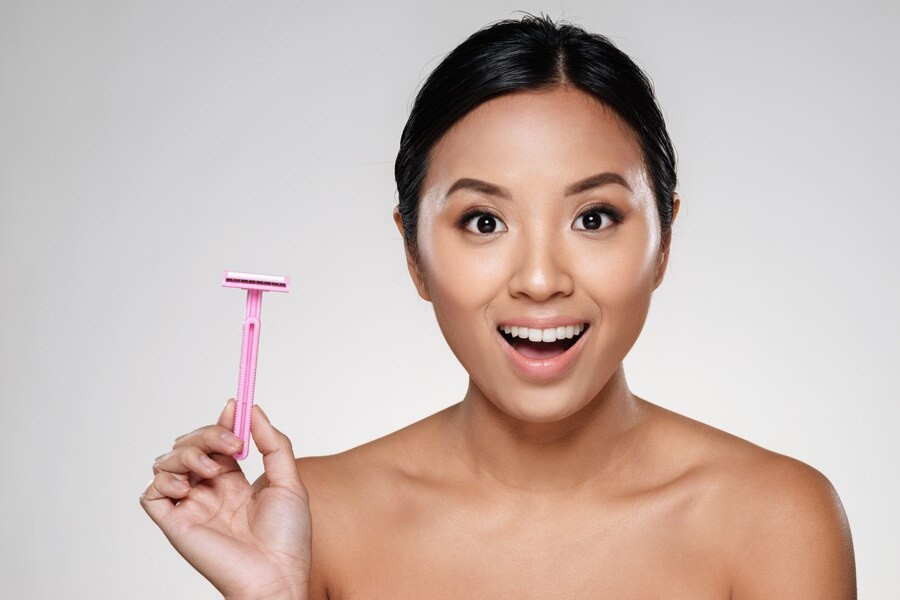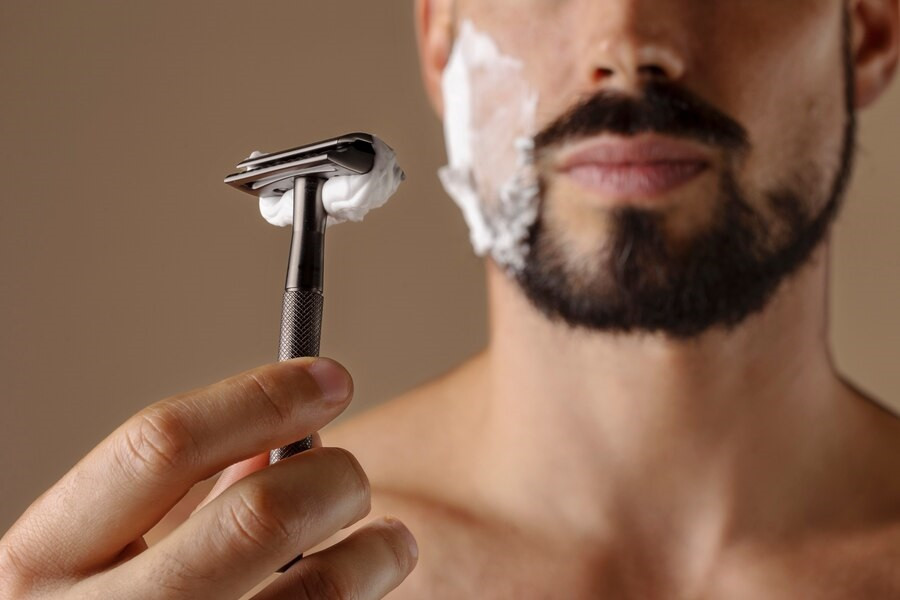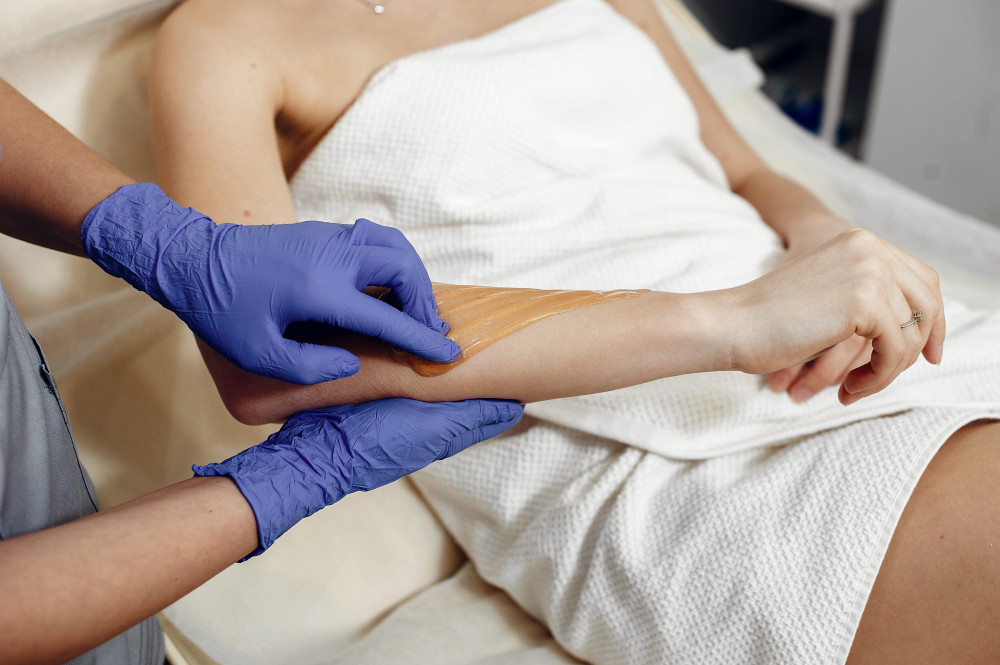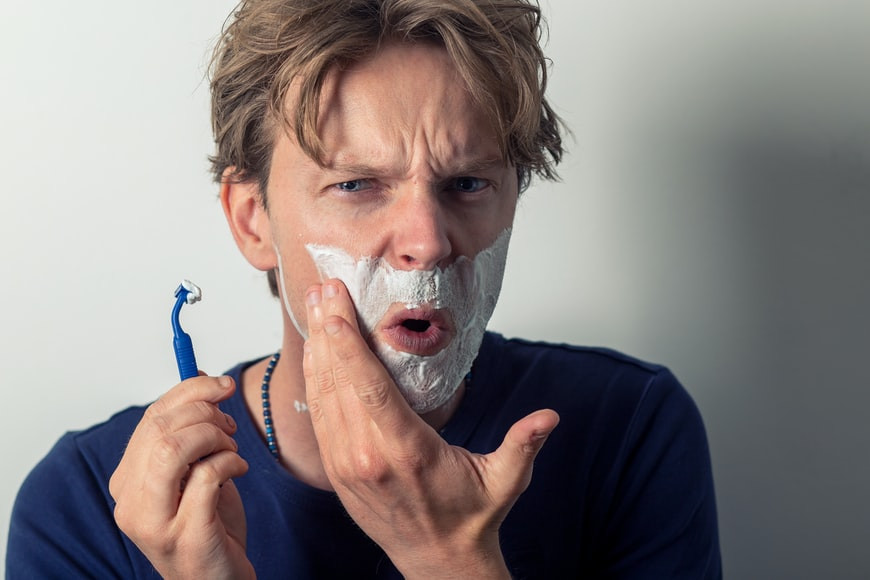Many people believe that shaving hair or body hair can make hair grow thicker and faster. Let's find out the truth.
Hair Growth After Shaving, Myth or Fact?
Research has found that shaving hair on any part of the body does not make it grow thicker and faster. Shaved hair may appear thicker and coarser because it has blunt and rough edges. When it grows back, the hair may also look darker because the blunt ends reflect light differently and contrast more with the skin.
Normal Hair Growth Phases
The process of hair loss and growth goes through four different phases, such as:
Anagen phase (growth phase)
The anagen phase, also known as the growth phase, is the longest phase that lasts around 2-7 years, especially for hair on the head. The anagen phase in other parts of the hair may be much shorter.
During this growth phase, the hair follicle will push the hair out so it will continue to grow and eventually fall out.
Catagen phase (transition phase)
The catagen phase, also known as the transition phase, is the end of the anagen phase and lasts about 10 days. During this phase, the hair follicles shrink and hair growth slows down.
Telogen phase (resting phase)
The telogen phase lasts about 3 months. 10-15% of hair does not grow during the telogen phase, but it can still shed naturally.
Exogenous phase (shedding phase)
The exogenous phase, also known as the shedding phase, is basically an extension of the telogen phase. During this phase, the hair will fall out of the scalp naturally when subjected to friction, hair washing, and combing.
Normally, in this phase, you will lose 50–150 strands of hair every day. This phase lasts about 2 to 5 months.
What to Do After Shaving
After shaving the hair on any part of the body, whether on the face, legs, arms, armpits, or genital area, there is one important thing you should do, which is to keep the skin moisturized. Keeping the skin moisturized by using an aftershave cream or moisturizer helps prevent irritation and reduces the risk of folliculitis, which can occur due to bacteria, fungi, or ingrown hairs.
There are many natural ingredients that can be used after shaving to moisturize the skin, such as vitamin E oil, shea butter, and aloe vera gel. Avoid aftershave creams that contain alcohol, as they tend to make the skin drier and more irritated.
Here are the steps to using an aftershave cream or natural moisturizer:
- Shave your face, head, legs, armpits, or any other part of your body.
- Rinse with cold water before applying aftershave cream, gel, or a moisturizing lotion.
- Use a soft towel to pat the skin dry. Avoid rubbing, as it can cause irritation and damage the skin.
- Apply aftershave cream, gel, or moisturizing lotion and gently massage it to distribute it evenly over the skin.
Excessive itching after shaving may signal folliculitis. Folliculitis is usually caused by bacterial infections (such as Staphylococcus aureus) or ingrown hairs, but it can also be due to fungi or, in rare cases, viruses. Apart from itching, the skin also looks reddish, forms pimple-like bumps, and feels painful.
For medical advice, you can visit a doctor in person or use the AI Care application for an online consultation. Download the AI Care app from the App Store or Play Store to access healthcare services conveniently.
Looking for more tips and tricks for health, first aid, and other home remedies? Click here!
- dr. Monica Salim
Kristeen Cherney (2019). Shaving Does Not Affect the Thickness or Rate of Hair Growth. Available from: https://www.healthline.com/health/does-shaving-make-hair-thicker
James Roland (2020). What Are the Four Stages of Hair Growth?. Available from: https://www.healthline.com/health/stages-of-hair-growth
Tim Jewell (2020). What You Need to Know About Aftershave. Available from: https://www.healthline.com/health/what-does-aftershave-do
Jamie Eske (2019). Causes and remedies for itchiness after shaving. Available from: https://www.medicalnewstoday.com/articles/325886











